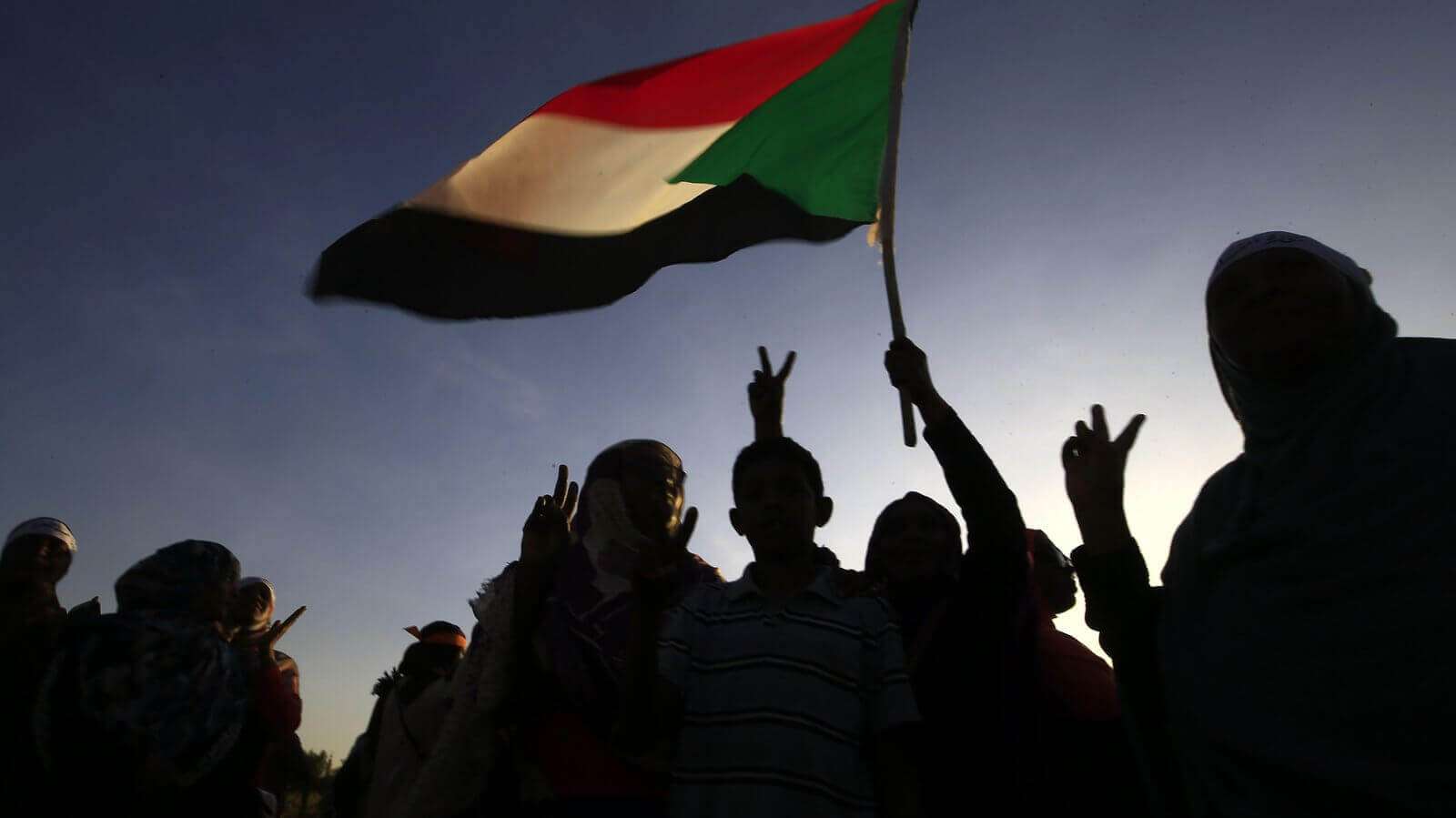After over 30 years of conservative Islamic rule, the Sudanese transitional government has approved sweeping amendments to its 1991 Criminal Law, which was introduced by the now-ousted Omar al-Bashir administration. The changes include scrapping the apostasy law, criminalizing female genital mutilation (FGM), and allowing non-Muslims to consume alcohol, among other reforms.
Previously, Sudan had no religious freedoms, with apostasy—the renunciation of Islam—being punishable by stoning to death. The cancellation of Article 126 of the Sudanese Criminal Law has, however, been a significant step in ensuring equality for citizens and religious freedom, according to Justice Minister Nasredeen Abdulbari. He further said that the Abdalla Hamdok-led government was committed to removing all laws that violate human rights, stating, “All these changes are aiming at achieving equality in front of the laws. We have dropped all the articles that had led to any kind of discrimination. We ensure our people that the legal reformation will continue until we drop all the laws violating the human rights in Sudan.”
Abdulbari also said that the administration is working towards reforming other legalities and incorporating them into a constitutional declaration. Sudan has a significant Christian population, who mainly live in Khartoum or near the South Sudan border in the Nuba mountains. Some Sudanese citizens also follow African religions and beliefs. These new laws are a step forward in allowing them equal rights to Muslim citizens. While former President Jaafar Nimeiri had banned alcoholic drinks in 1983, throwing whiskey bottles into the Nile, non-Muslims will finally be allowed to consume alcohol in the country. However, Muslims are still prohibited from drinking.
In a win for women’s rights, the long-condemned practice of FGM is now illegal. A 2014 United Nations survey estimated that around 87% of Sudanese girls and women aged 15-49 had been subjected to a form of FGM known as infibulation. The new law now provides for the incarceration of up to three years for anyone found guilty of carrying out the heinous practice.
Further, the new laws also allow women to travel along with their children without needing official permission from their mahram or male relatives to travel. The practice of public flogging for minor crimes will also now be ended. Last November, the government repealed a restrictive law that controlled how women dressed and acted in public spaces.
The current administration, led by Hamdok, is currently in a “39-month power-sharing agreement between the military and civilian groups”. After the coup that overthrew Bashir, the reshuffle was done with the intention of advancing the performance of the transitional period and carrying out accelerated socioeconomic changes. These progressive changes will pave the way for a new Sudan and incentivize citizens to participate in the country’s next democratic elections, which are slated for 2022.
Image Source: The New York Times
Sudan Criminalizes FGM, Public Flogging, and Apostasy Laws in Sweeping Legal Reforms
July 13, 2020

